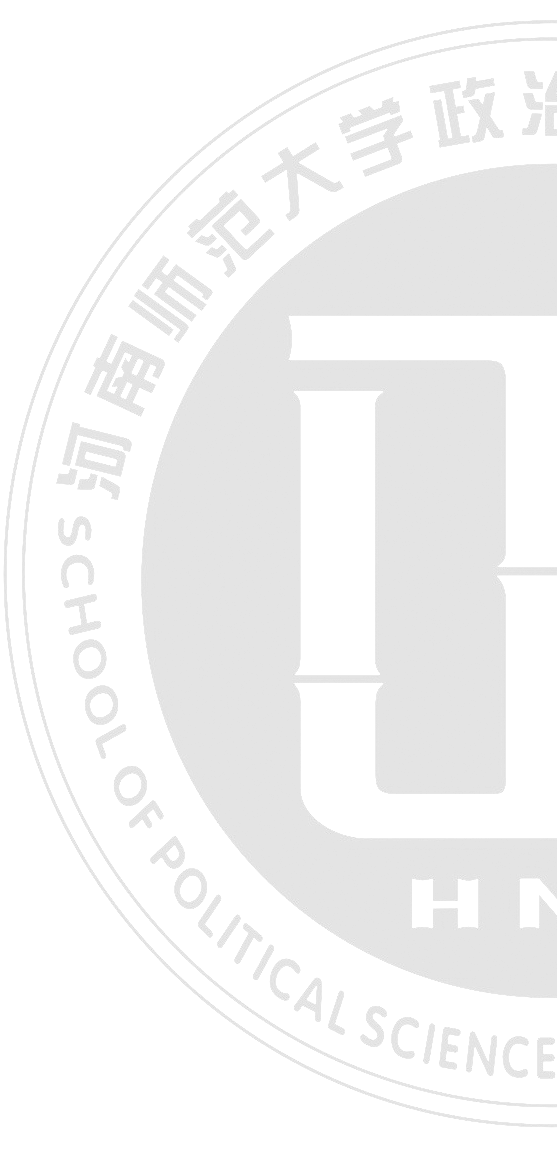Species individualism
Liang Xu1,2* and Ruipeng Lei 2
1 College of Politics Science and Public Administration, Henan Normal University, Xinxiang, China,
2 School of Marxism, University of Electronic Science and Technology of China, Chengdu, China
Abstract There has been a long-standing debate regarding the theory of “Species as Individuals (SAI)” within biological philosophy. Scholars such as Ghiselin, Hull, Mishler, and Brandon have played pivotal roles in defending this theory, demonstrating species as logical, historical, and causal entities in detail. However, the term “individual”, which has become exclusive to species, is actually used in a metaphorical sense. When combined with the aggregation phenomenon and integrative nature of species, the hypothesis of SAI can be inferred. Nevertheless, the theory of “Species as Classes (SAC)” also has a strong foundation. Scholars have proposed several reconciliation frameworks to address the issue of whether species are classes or individuals, arguing that species can be both classes and individuals. In fact, SAI can account for the integration and diachrony of species, which are products of processes and processes themselves, with similarity arising from genetic processes.
Consequently, SAI exhibits stronger explanatory power, encompassing the content of SAC while achieving its transcendence. This thus forms a new theoretical framework: SAI = SAC + Process/Lineage Relationship + Systematicness/Causal Integration.
Keywords species, individual, biological individual, individuality, natural kind
(政治与公共管理学院 李广宇)





